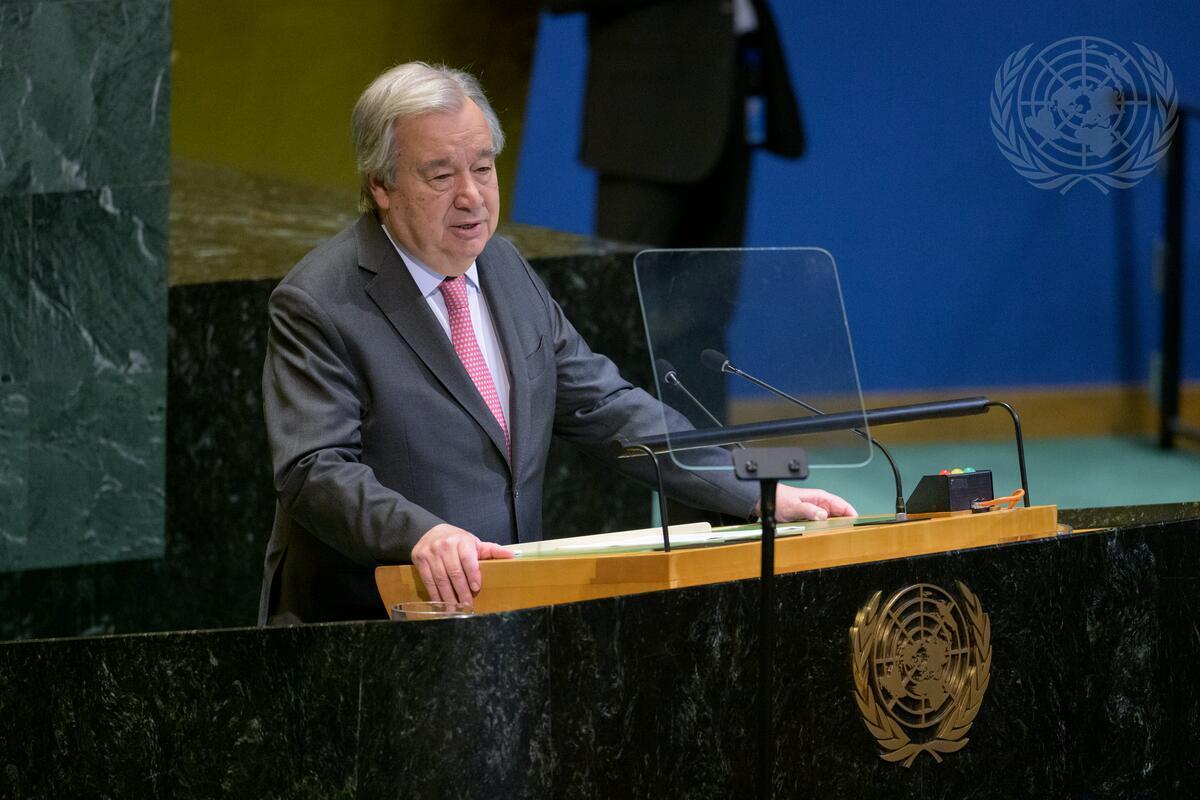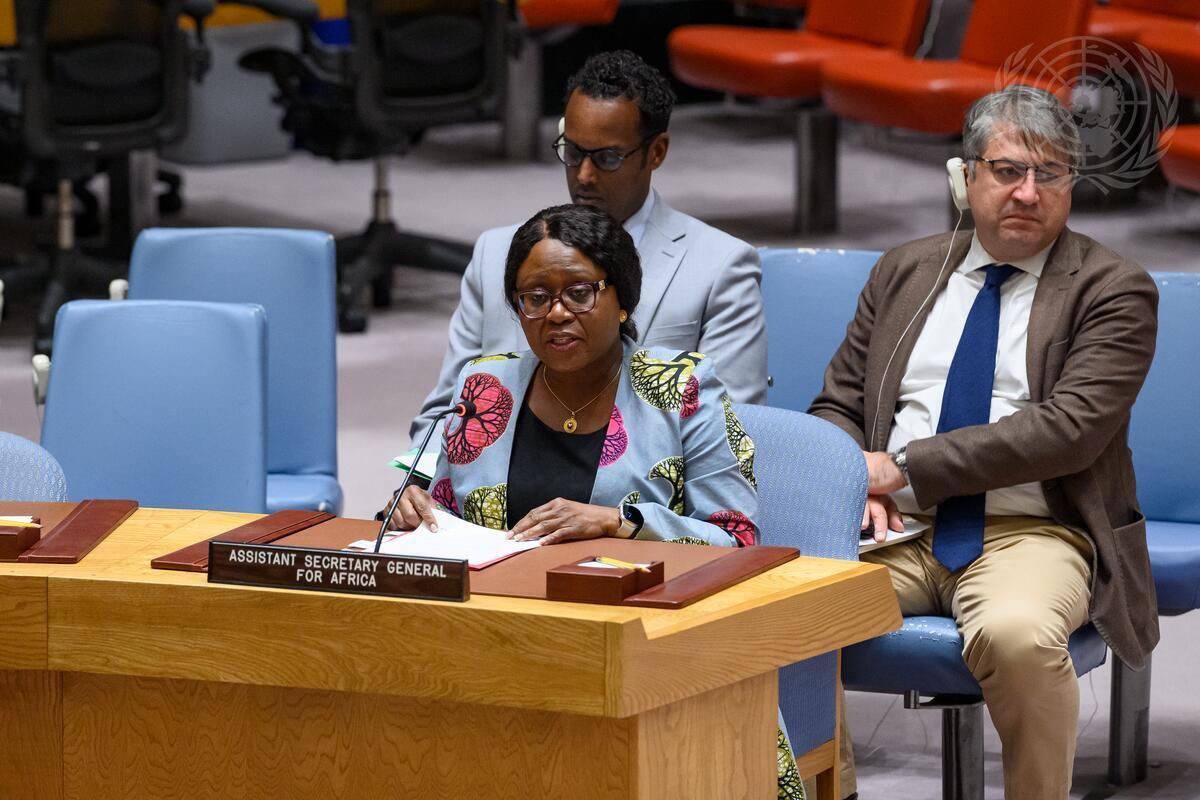Explosive ordnance contamination threatens lives, curtails freedom of movement, limits access to arable land, disenfranchises communities and above all instills fear and insecurity. It spreads terror, and longstanding contamination internalizes this terror. The most affected are the most vulnerable populations.
Against this backdrop, the United Nations declared April 4th as International Day for Mine Awareness and Assistance in Mine Action in 2005. Since then, this day is celebrated in many countries around the world, including Sudan, for the purpose of raising awareness about the threats and impacts of landmines and other explosive remnants of war, seeking assistance for mine action work.
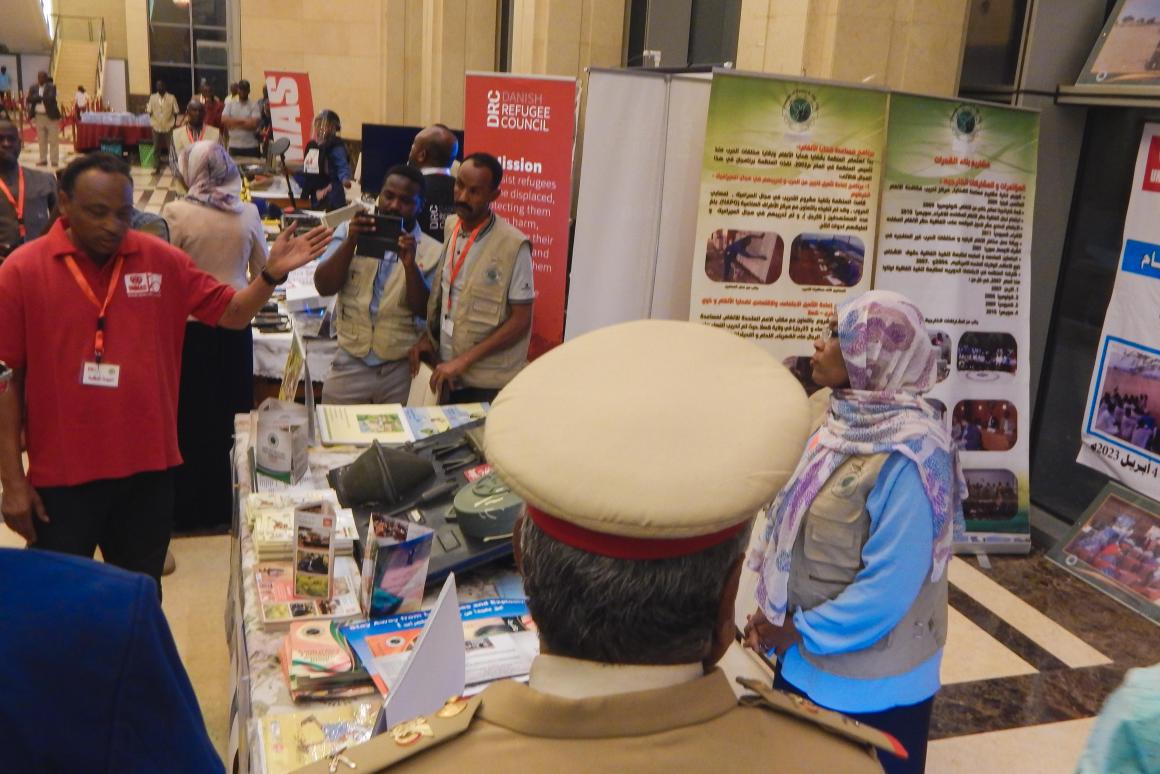
“Mine Action Cannot Wait”
This year’s International Day for Mine Awareness and Assistance in Mine Action was observed under the theme and campaign, “Mine Action Cannot Wait.”
National Mine Action Authority and UNMAS UNITAMS facilitated commemorating this international day on Tuesday 4th of April 2023, in Khartoum but also in the explosive ordnance affected states of Blue Nile, South Kordofan and Darfur.
Speaking on behalf of the SRSG and head of UNITAMS, Mr. Volker Perthes, at the event that was held at the Friendship Hall in Khartoum, Mr. Mohammad Sediq Rashid, Chief Mine Action Programme, pointed out to Sudan’s remaining explosive ordnance contamination that is known so far, and the contamination that is likely to be discovered in the areas that remains inaccessible for humanitarian Mine Action.
There is an urgency to clear Sudanese land from all explosive hazards, otherwise, “many civilians cannot return home. Men and women cannot work. Children cannot play” warned Mr. Rashid.
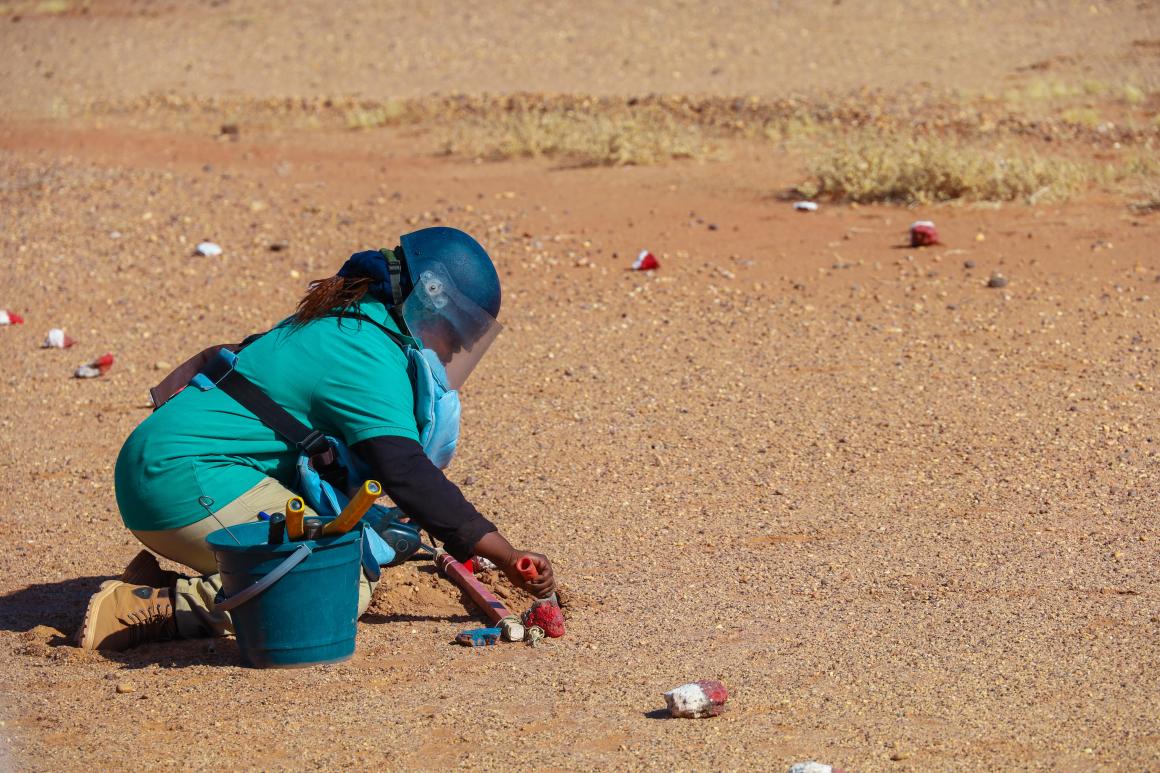
Commitment to a Sudan free of mines
Several armed conflicts that have happened in Sudan since 1955 have left behind a legacy of explosive hazards, including landmines, cluster munitions and other explosive remnants of war (ERW) affecting marginalized communities in the conflict affected areas.
As of April 2023, 2,572 men, women, girls, and boys have fallen victims to landmines and other explosive remnants of war in Sudan, noted Mr. Rashid, adding that eliminating this threat contributes to community recovery and enabling other lifesaving and sustaining activities.
“Mine action can create jobs, equip young men and women with skills while removing explosive hazards for protection of civilians. Mine action enables lifesaving and life sustaining humanitarian assistance. Mine action can also be a key prerequisite for development.”
For realizing the vision of Sudan free from landmines, mine action needs the continuation of support from Sudan’s national and sub-national leaderships, the donors, the community elders and many other stakeholders and institutions, said the representative of the Head of UNITAMS at the Mine Awareness event, stressing that “UNITAMS stands ready to continue to support efforts for a Sudan free from explosive.”
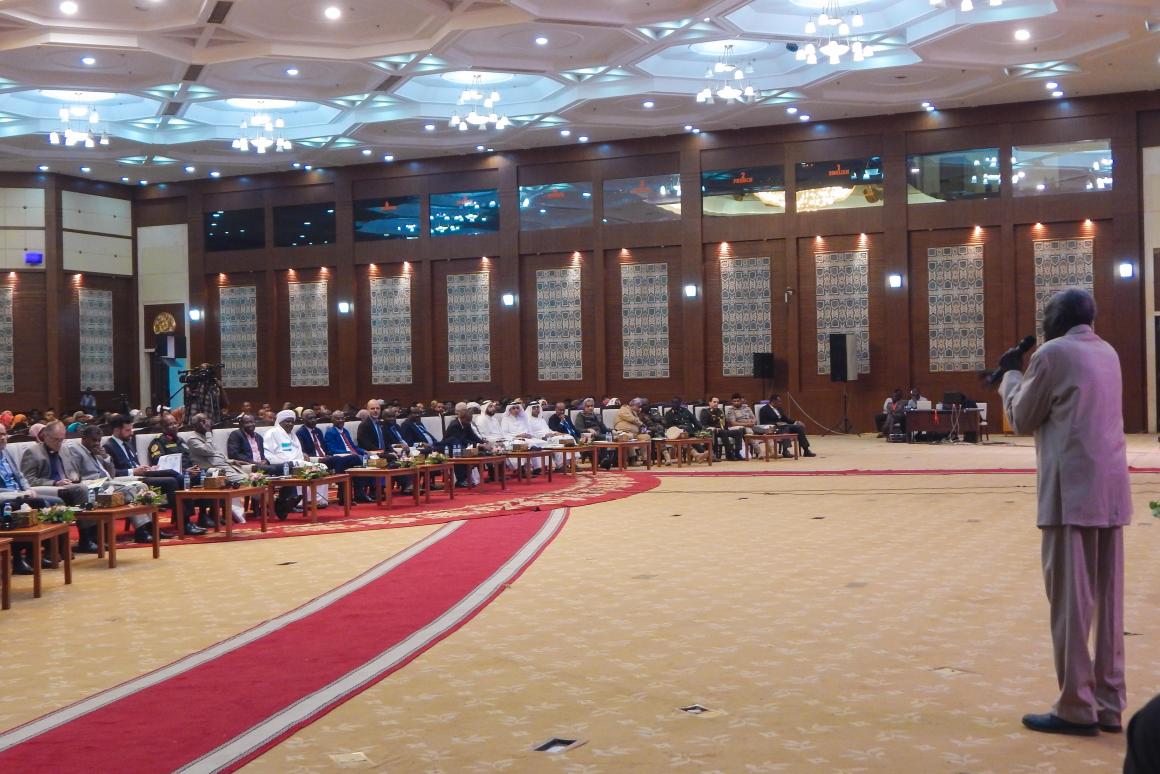
Importance to adhere to relevant treaties
Sudan has come a long way during the last two decades – the number of hazardous areas has been reduced from over 5,000 to 400. The known contamination has also been reduced to 33.9 sq km from 170.9 sq km. Millions of explosive ordnances have been removed, securing these areas for many affected communities.
By April 2027 Sudan must be free of mines to achieve the Anti-Personnel Mine Ban Convention (APMBC)* compliance obligations. Sudan cannot afford to have communities constrained and land blocked due to explosive hazards for generations.
The contribution of the Anti-Personal Mine Ban Convention has been instrumental in bringing us all the way to this point, said the Chief Mine Action Programme at UNITAMS, pointing out that “Sudan has demonstrated strong political will and commitment to make the country safe from all types of explosive hazards.” This is manifested in being a State party to the Anti-Personnel Mine Ban Convention, and the Convention on the Rights of Persons with Disabilities.
“We hope Sudan will also become a state party to the Convention on Cluster Munitions (CCM) and the Convention on Certain Conventional Weapons (CCW)”, said Mr. Rashid.
*The Convention on the Prohibition of the Use, Stockpiling, Production and Transfer of Anti-Personnel Mines and on Their Destruction, is commonly known as the Anti-Personnel Mine Ban Convention.



